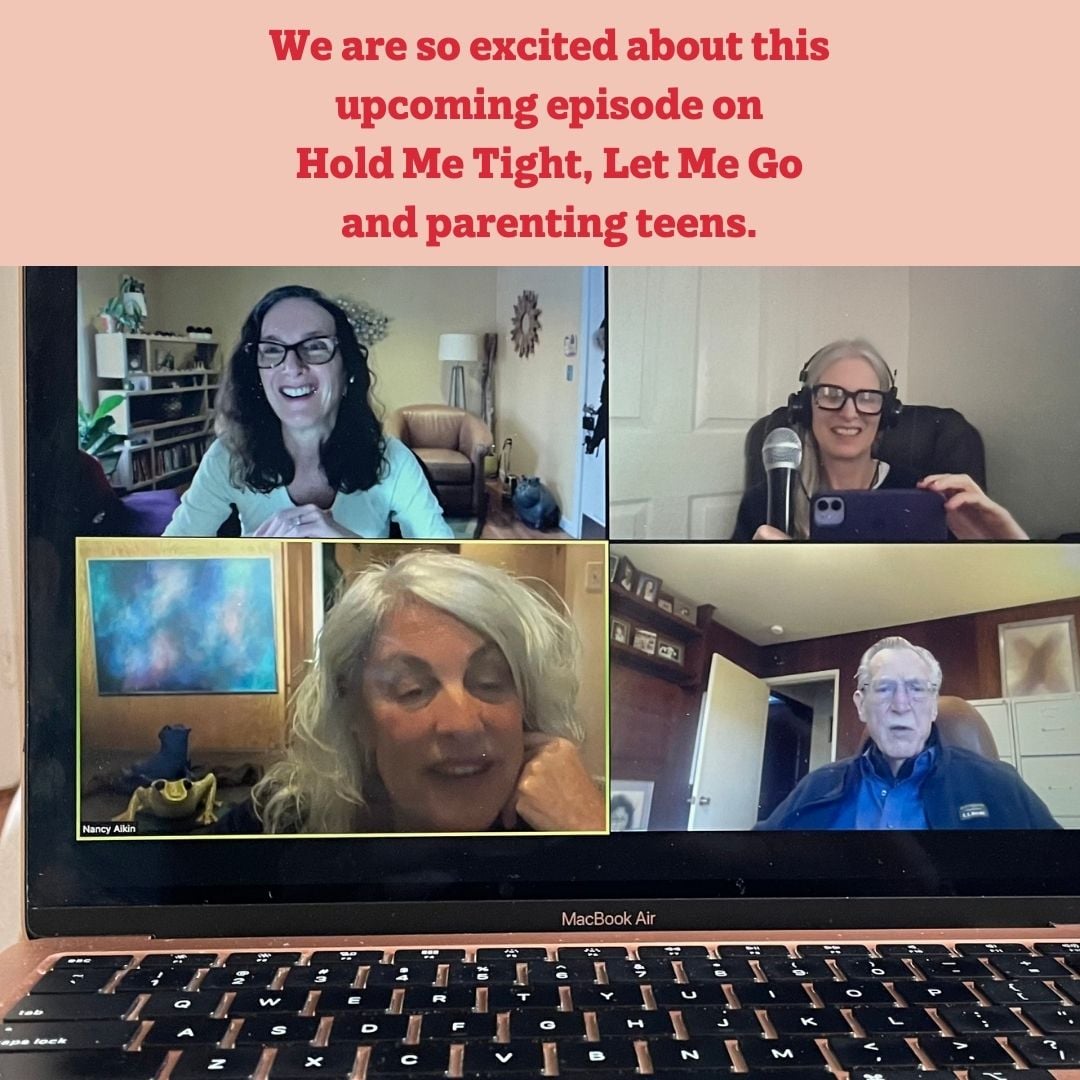Posts by Cornelius Sheehan
Meet Cornelius Sheehan, LCSW- Director and Therapist
Counseling with Reno Therapist Cornelius Sheehan, LCSW
About me as a therapist:
For more than 20 years, I have worked with couples and individuals. I understand how important it is to have a secure, connected, and hopeful relationship. I specialize in attachment-based, Emotionally Focused Therapy (EFT) for individuals, marriages, couples, and families in Reno. I am certified as an Emotionally Focused Therapist and Supervisor. I use primarily EFT in my work with couples, individuals, and families. The things I appreciate most about EFT are its effectiveness, research-based approach, and strong theoretical foundation. But EFT is also a client-centered model. A client-centered model of therapy means that the therapist prioritizes the client’s perspective, emotions, and autonomy in the therapeutic process.
A few years ago, I started Individual & Relationship Counseling Associates in Reno, NV. A small, collaborative therapy group dedicated to excellence in attachment-focused therapy.
I have had the privilege of helping hundreds of couples and families repair ruptures and connect again. Along the way, helping at least as many individual clients become more self-aware and accepting. I’ve supported these clients in successfully dealing with depression, anxiety, and relationship problems.
Attachment theory’s empathy, curiosity, and non-judgmental stance align with my natural style. Although I bring expertise in therapy, I see you as the expert on your life and goals. Thus, I commit to approaching our work together with humility and curiosity.
One of my proudest professional achievements is starting a counseling program for inmates at the Washoe County Sheriff’s Office in 2004. We developed a novel and highly successful program to help reduce recidivism, especially for “failure to comply” violations. The program was funded by inmate purchases. I actively participated in these programs until 2011, when I dedicated myself full-time to private practice.
Another accomplishment that has brought me a lot of joy has been mentoring students and interns, guiding them to find their unique paths as professionals in the field of therapy.
About me as a person:
I always remember being profoundly curious about people and relationships. We are all so complex, with so much happening beneath the surface.
I find this complexity fascinating. I feel lucky that my interest has guided me to a profession I love. Moreover, it motivates me to stay current with changes in the field.
My wife Tammy and I live with our three rescue dogs. We have three adult children. Born in San Francisco, I have lived briefly in a few different places, but Reno has always remained home base.
Learn more about therapy in Reno with Cornelius
You can inquire about counseling in Reno with Cornelius Sheehan, LCSW and our team of highly-trained EFT therapists here. Call us at 775-235-2205 and we’ll be happy to discuss how we can help. Sessions with Cornelius range from $185 to $200 for 55-min meetings, and $255 for 90-minutes. Insurances accepted include Hometown Health Plan. Two-day weekend intensive sessions are available (call for details).

Cornelius is invested in Reno and Nevada:
Since 1974, I have resided in Reno, deeply committed to this community. I attended Reno High School and UNR. I actively participate in various advisory roles for Reno and the State of Nevada.
Additionally, I founded Relationship Health Counseling Associates to enhance services for clients in this area and provide highest quality professional development for therapist interns in Reno.
Cornelius specializes in Emotionally Focused Therapy (EFT for couples, individuals and families). He supervisors clinical interns and candidates for EFT Certification. He is the Founder / Director of rceft.org, the Reno/Tahoe Community for Emotionally Focused Therapy. You can learn more about EFT at rceft.org and iceeft.com. ICEEFT is the International Center for Excellence in Emotionally Focused Therapy.
Nevada License Number: 5605-C
Cornelius works with clients aged 18-years and older, and children in the context of family therapy.
Cornelius’s Specialties and Expertise
Top Specialties
- Relationship Issues
- Anxiety
- Depression
Expertise
- Certified Emotionally Focused Therapist
- Divorce
- Family Conflict
- Marital and Premarital
- Cancer
- Grief
- Infidelity
- Internet Addiction
- Lesbian
- Men’s Issues
- Mood Disorders
- Parenting
- Peer Relationships
- Self Esteem
- Veterans
Counseling Help for Families with Teens
Understanding and Communicating with Teens
“If you are raising a teen child, you’re likely familiar with something like this: “I need to feel understood…I need you to hear me (BUT DON’T EXPECT ME TO TALK!)” This common challenge in parenting teens highlights the crucial need for effective communication strategies and, in some cases, professional family counseling for teens.
The “Hold Me Tight, Let Me Go” Program
Drs. Paul and Nancy Aikin have created a program called “Hold Me Tight, Let Me Go.” It helps families with teens. This program offers guided conversations. These assist parents and caregivers in understanding their kids better. It’s vital for family health. It helps teens to share more, improving family dynamics. Often, this is enough to boost family communication and understanding.
Integrating Counseling for Teens
Sometimes, counseling for teens is also needed. It complements the conversation techniques. Counseling aims to give teens a voice. It helps them handle emotions and thoughts positively. It’s useful for issues like anxiety, depression, or social challenges. These are common in adolescence.
Counseling often includes the entire family. It ensures teens are heard. Parents learn supportive techniques. This includes active listening and empathy. Families learn to share in a safe environment.
In conclusion, “Hold Me Tight, Let Me Go” starts vital family conversations. Adding counseling for teens can tackle deeper problems. This combination fosters open communication and expert guidance. It helps navigate teenage complexities. For struggling families, this approach can greatly strengthen relationships.
Paul and Nancy appeared on the “That Relationship Show” podcast recently. You can learn more about family workshops here, www.eftfamilies.com
Perspectives on Depression
Understanding Depression
Depression is a complex and deeply painful experience that affects millions of people worldwide. Understanding depression involves recognizing its many causes and how it impacts daily life. This short video offers varied perspectives on the causes and management of depression, as well as how therapy can support those struggling with it. While the views presented in the video align in some ways, one perspective stood out to me: the role of social factors such as isolation, rejection, exclusion, and feelings of inadequacy. These experiences often evoke a depressed mood, even when other aspects of life seem stable or positive.
The Role of Social Factors in Depression
Social factors play a critical role in understanding depression. Experiences of isolation or rejection can profoundly impact our emotional well-being. These feelings not only diminish our sense of belonging but also challenge our ability to regulate emotions effectively. This perspective aligns closely with an attachment-based view of emotion regulation, which emphasizes the importance of secure relationships in helping individuals manage and process emotions.
From an attachment perspective, strong, supportive connections allow us to reflect on our experiences rather than feeling overwhelmed by them. When these connections are absent or strained, it becomes much harder to navigate difficult emotions. This is why addressing the social dimensions of depression is essential for understanding depression. Also, for healing and recovery. This is not the only focus though, and your therapist will clarify for you.
How Emotionally Focused Therapy Addresses Depression
First, Emotionally Focused Therapy (EFT) takes a relational approach. EFT is rooted in attachment theory and offers a powerful approach to understanding depression. EFT helps individuals, couples, and families create or strengthen secure emotional bonds. By fostering connection and emotional safety, this therapy provides a framework for addressing the underlying causes of depression, such as feelings of disconnection and loneliness.
Often, this relational focus happens with only the client present (although, it’s been said we always go into therapy with the cast of characters most important to us- held in mind). Emotionally Focused Individual Therapy (EFIT) brings a relational, attachment-based approach to individual therapy. You can learn more about EFIT here.
2020-21 Emotional Wellness Programs for Teams
The Emotional Wellness Program is an education and interactive process program designed to normalize the importance of emotion in strengthening and repairing teammate relationships within an organization.
Notes, links and curated list of YouTube videos will be made available.
Hear EFT Pioneer, Dr. Sue Johnson on creating, protecting, and nourishing relationship
This Dr. Sue Johnson interview provided exclusive insights to creating, protecting and nourishing relationship!
Contact us at 775-235-2205 for a free consultation about strenghtening your relationship.
Couples Therapy in Reno for Trauma Survivors
In remembrance of 9/11 The New York Center Of Emotionally Focused Therapy made this video. George Faller, LMFT – retired firefighter shares his experience of the day and how he became a Couples/Family Therapist after the tragedy. George is now an international trainer for EFT.
Understanding Couple Therapy for Trauma Survivors
Trauma disrupts individuals and their closest relationships, often making connection and trust challenging. Survivors frequently develop survival strategies, like withdrawal or hypervigilance, that create emotional distance. We do marriage therapy for trauma survivors based on EFT. Emotionally Focused Therapy (EFT), pioneered by Dr. Sue Johnson, helps couples repair this distance by fostering trust and emotional safety. Through EFT, trauma survivors and their partners can rebuild strong, supportive bonds.
Trauma Reshapes Relationships
Trauma changes how people perceive safety and closeness. Survivors often struggle with trusting their partners or may unintentionally push them away to protect themselves. These reactions stem from survival instincts rather than relationship shortcomings. Marriage therapy provides tools to help couples understand these patterns and work through the impact of trauma together.
How EFT Heals Trauma in Relationships
EFT actively addresses the behaviors that disconnect couples. Therapists guide partners to recognize how trauma influences their actions and feelings. For example, a partner’s withdrawal may signal fear rather than disinterest. EFT helps couples replace these protective habits with meaningful connection. This process deepens understanding, increases empathy, and strengthens emotional bonds.
To learn more about the principles of EFT, explore this introduction to Emotionally Focused Therapy.
Rebuilding Trust and Intimacy
Marriage therapy with EFT transforms relationships into safe havens where healing can occur. Partners learn to communicate openly, respond with compassion, and create a secure attachment. For trauma survivors, this connection builds the trust and resilience needed to overcome the lingering effects of past experiences.
If you and your partner are ready to heal together, visit our contact page or call us to schedule a consultation. You can also explore our approach to marriage therapy and how it helps couples navigate challenges.
Through EFT, couples can reclaim closeness and create a supportive, fulfilling relationship—even after trauma.






